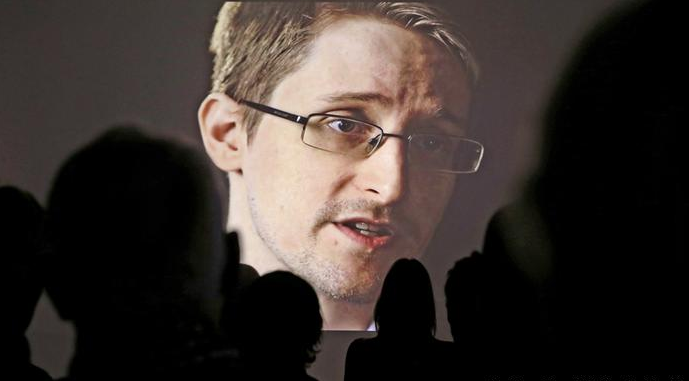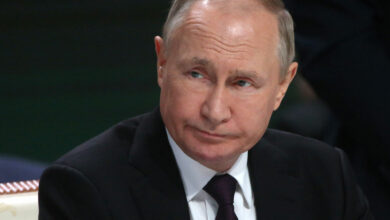
The UK’s mass surveillance program, exposed by whistleblower Edward Snowden, violates free speech and privacy, the court ruled. However, judges didn’t come down as hard on intelligence agencies as some might have hoped.
In a landmark decision on Thursday, the European Court of Human Rights (ECHR) ruled that parts of the United Kingdom’s mass surveillance program violate the targets’ right to privacy.
Human rights groups, civil liberties organizations, privacy advocates and journalists brought the case to Europe’s top rights court. The groups launched their legal challenge after US whistleblower Edward Snowden revealed the UK’s surveillance and intelligence-sharing practices, dubbed the “Big Brother” program.
Main takeaways from the ruling
The court examined three contentious points in the British surveillance program: bulk interception of communications, obtaining data on targets from communications providers and the legality of intelligence sharing with foreign governments.
Here’s how they ruled on each one:
- The UK’s mass collection of information and communications was found to violate Article 8 of the European Convention on Human Rights that guarantees a right to privacy. Judges noted that there was “insufficient oversight” over the selection and interception of the data.
- However, the court said that the bulk interception of communications was not, in and of itself, illegal, but that future programs “had to respect criteria set down in its case-law.”
- The court was more decisive when it came to the interception of journalistic material, ruling that such programs violate the right freedom of information.
- A program for obtaining data from communications providers was also found to be “not in accordance with the law.”
- The exchange of intelligence data between foreign governments, such as the exchange between British and US spy agencies, was ruled legal.
What this means for mass surveillance: The decision dealt a major legal blow to European countries using blanket surveillance programs, but left intelligence agencies with some space to maneuver. Countries are still free to share intelligence with one another, and a doorway was left open for countries to continue intercepting large amounts of private communications, provided there are better mechanisms in place governing the selection and examination of the data.
Snowden aftermath: The ECHR decision comes over five years after former NSA contractor Edward Snowden released documents to journalists that detailed the US government’s surveillance methods. The documents also disclosed how US and British intelligence agencies shared data with one another and tapped in to fiber optic cables.
What happens next: The court has given Britain three months to decide whether or not they want to appeal the decision.




